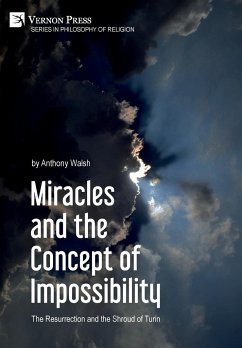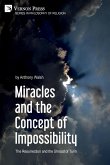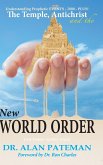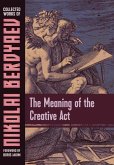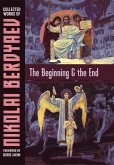'Miracles and the Concept of Impossibility' takes a fresh look at the miracle of the resurrection of Jesus. A miracle is inexplicable by the methods of science and thus deemed impossible. I examine the concept of impossibility with primary reference to David Hume's notion that there is a boundary of probability beyond which the improbable becomes the impossible, calculated at 10150. Physicists have declared that the universe is inevitable and, at the same time, impossible. Its inevitability is obvious, but the mind-boggling improbability that a biocentric universe exists vastly exceeds the probability boundary. If a miracle is defined as an impossibility, the universe is a miracle. The origin of life is just as miraculously impossible because the probability of dead organic molecules evolving into the organic molecules of life is even less than it is for the existence of the universe. This book also looks at what the Resurrection means in terms of the atonement and the concepts of hell and universal salvation. This is followed by an examination of the evidence for the Resurrection and historical and archaeological reasons for trusting the New Testament. Secular explanations of the Resurrection are examined and pitted against the Christian account in terms of their explanatory scope and power. The last two chapters look at the "silent witness" to the resurrection, the Shroud of Turin bearing the image of a terribly tortured and crucified man. For 125 years, scientists have been unable to discover how the image was imprinted on the cloth; thus, I conclude that it is the "silent witness" to the Resurrection-the authentic Shroud of Jesus Christ.
Bitte wählen Sie Ihr Anliegen aus.
Rechnungen
Retourenschein anfordern
Bestellstatus
Storno

